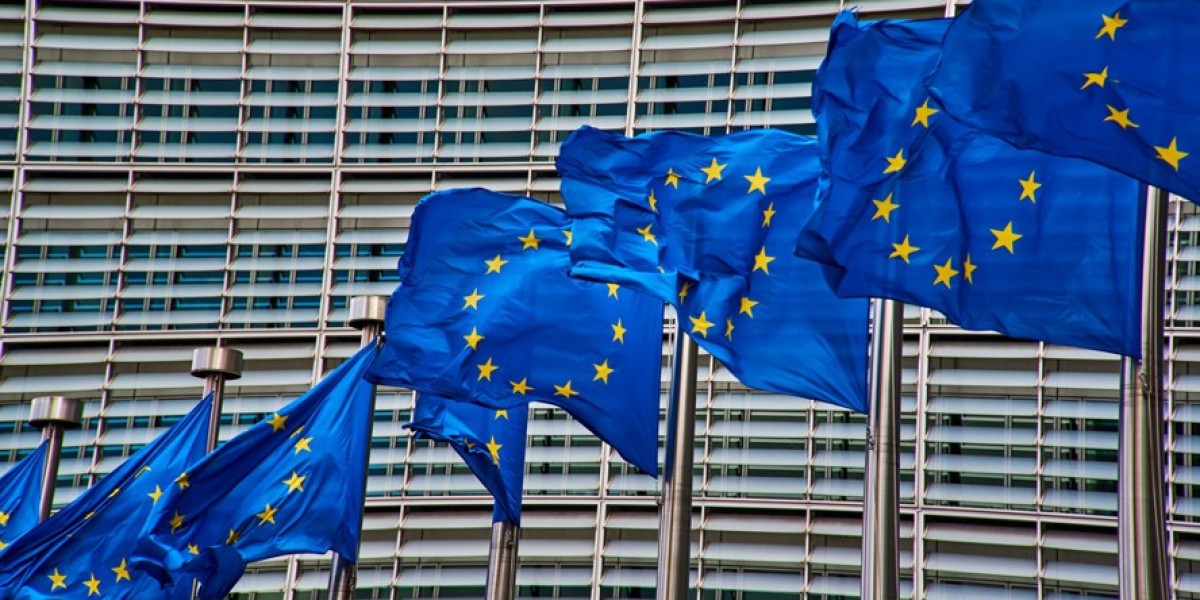The Italian market, characterized by deep regional loyalties, stringent consumer protection laws, and a premium placed on conversational nuance and cultural understanding, presents a unique challenge for Customer Experience (CX) delivery. Historically, the pressure to reduce high domestic labor costs drove many Italian enterprises toward standard offshore solutions. However, as customer expectations soar and regulatory scrutiny intensifies, this purely cost-driven model is rapidly becoming obsolete.
The future of Italian BPO is not about lowering expenditures; it is about maximizing strategic value. By 2025, the landscape for Italian Call Center Outsourcing will be defined by five pivotal trends: the prioritization of compliance, the resurgence of specialized nearshoring, the comprehensive integration of AI, radical vertical specialization, and a profound focus on multilingual, high-empathy talent.
1. The Regulatory Crucible: Compliance as the Non-Negotiable Foundation
For Italian companies, the backbone of any outsourcing decision in 2025 must be compliance—specifically, adherence to the General Data Protection Regulation (GDPR) and strict national consumer codes (such as those governing telemarketing consent).
The Italian Data Protection Authority (Garante) is known for its rigorous enforcement. Outsourcing partners that lack certified EU data infrastructure, robust cybersecurity protocols, and clearly defined data handling processes are simply too great a risk. This environment fundamentally shifts the vendor selection criteria:
- Risk Mitigation over Cost Saving: Providers of Italian call center services must demonstrate zero-trust security postures and clear audit trails. The cost of a single data breach fine far outweighs any savings achieved by using a non-compliant offshore provider.
- GDPR-First Technology: Vendors must use technology stacks hosted and managed within the EU or countries certified by the EU for data adequacy. This requirement heavily favors established nearshore models or highly specialized domestic operations focused on sensitive data (e.g., financial or healthcare BPO).
This regulatory pressure is forcing a ‘flight to quality’ among vendors, ensuring that only those who can meet the highest legal standards can compete for high-value Italian contracts.
2. The Nearshore/Onshore Renaissance: Strategic Geographic Alignment
The traditional far-offshore model (e.g., in Asia-Pacific) is losing ground in the Italian market, primarily due to issues related to cultural fit, time zone alignment, and perceived language proficiency gaps when dealing with complex, emotionally charged interactions.
2025 will see a definitive acceleration toward specialized nearshore hubs. Nearshore locations—such as Albania, Romania, Malta, and certain regions in Eastern Europe—are favored because they offer:
- Cultural Proximity: Agents are often familiar with Italian societal norms, regional dialects, and customer expectations, leading to higher first-call resolution (FCR) rates and superior Net Promoter Scores (NPS).
- Time Zone Synergy: Minimal time difference ensures seamless integration with Italian headquarters and predictable response times.
Furthermore, domestic onshore operations remain crucial for specific high-value, high-touch services (e.g., wealth management support, luxury goods concierge, or highly technical support requiring local engineers). While more expensive, onshore BPO provides an unmatched level of quality and security assurance, particularly for brands where CX is a core differentiator. Strategic Italian Call Center Outsourcing in 2025 involves a hybrid model: leveraging cost-effective nearshore solutions for transactional volume and reserving high-cost onshore for VIP and sensitive interactions.
3. The AI Transformation: Augmenting the Agent, Not Replacing the Experience
The rise of Generative AI (GenAI) and machine learning is reshaping the structure of the Italian BPO workforce. However, the Italian consumer market—known for its preference for personal relationships and skepticism toward fully automated interactions—demands that AI be implemented as an augmentation tool rather than a replacement strategy.
By 2025, top Italian BPO providers will utilize AI in three critical ways:
- Hyper-Personalization and Real-time Coaching: AI will monitor live interactions, analyzing tone, emotion, and sentiment in real-time. It provides agents with immediate, context-sensitive suggestions for phrasing, compliance adherence, and next-best actions, ensuring cultural appropriateness and regulatory accuracy.
- Deflection of Simple Tasks: Chatbots and conversational AI systems handle Level 1 support (FAQs, password resets, basic troubleshooting) with perfect fluency, freeing up human agents to focus exclusively on complex problem-solving, emotional support, and revenue-generating upselling/cross-selling.
- Automated Quality Assurance (AQA): AI drastically reduces the need for manual listening and scoring. AQA tools automatically assess 100% of interactions against predefined compliance checklists and quality metrics, ensuring absolute consistency across the outsourced service team.
The goal is to create the ‘Super Agent’—a highly efficient human supported by powerful digital tools—thereby elevating the overall quality and speed of Italian call center services.
4. Radical Vertical Specialization and Domain Expertise
The days of the generalist call center provider are waning. Italian enterprises, particularly in sectors like fashion, finance, energy, and utilities, require partners who are deeply integrated into their specific vertical terminology and regulatory framework.
In 2025, outsourcing partners must move beyond mere language skills to offer domain expertise.
- Financial Services (FinTech): Requires agents trained not just in Italian, but in specific banking regulations (Banca d'Italia rules) and KYC/AML procedures.
- Luxury & Fashion: Demands white-glove service agents capable of understanding brand aesthetics and delivering concierge-level support, often requiring fluency in English, French, or German alongside Italian.
- Utilities (Energy/Telecom): Needs agents highly familiar with complex billing structures, contract reconciliation, and localized consumer rights (Autorità per l’energia, ARERA).
This trend demands that vendors invest heavily in specialized training curricula and highly targeted recruitment, moving away from mass hiring models toward niche talent acquisition.
5. The Premium on Multilingual and Empathetic Talent
Italy's role as a major hub for international business and tourism necessitates multilingual CX capabilities. While Italian remains the primary interaction language, the ability to switch seamlessly to high-proficiency English, German, or Spanish is now a standard requirement for premium customer service contracts.
Outsourcing providers competing in 2025 must prioritize:
- C1/C2 Language Proficiency: Basic conversation skills are insufficient. Agents must possess near-native levels to handle technical or emotionally sensitive inquiries in secondary languages.
- Empathy and Emotional Intelligence (EQ): As AI absorbs transactional inquiries, the remaining interactions are those that require true human judgment and empathy. Italian consumers, in particular, value a sense of personal connection. BPO partners are increasingly using psychological profiling and simulated training to screen and develop agents with high EQ and resilience.
Conclusion: The Strategic Imperative of Quality
By 2025, the framework for strategic Italian Call Center Outsourcing will be decisively shifted from a transactional cost exercise to a crucial strategic investment in CX quality and regulatory security. Enterprises must meticulously evaluate potential partners based on their certifications, geographic strategy (nearshore/hybrid models), technological sophistication (AI augmentation), and specialized vertical expertise.
The providers who thrive will be those that successfully marry technological efficiency with deep cultural and linguistic understanding, delivering not just service, but a true partnership that protects brand reputation and drives customer loyalty in the competitive, compliance-heavy Italian market.



